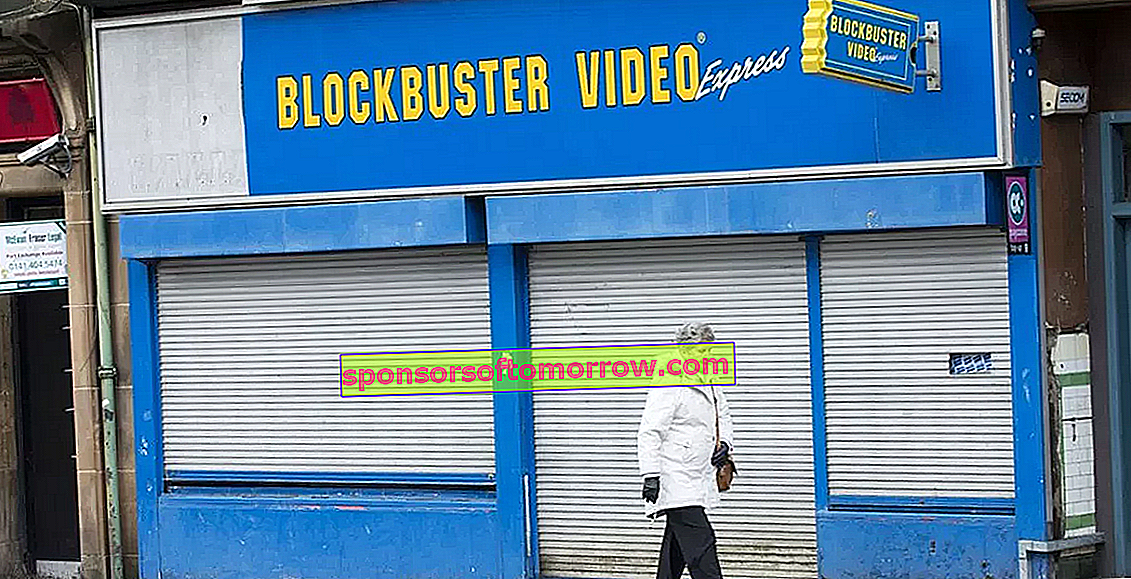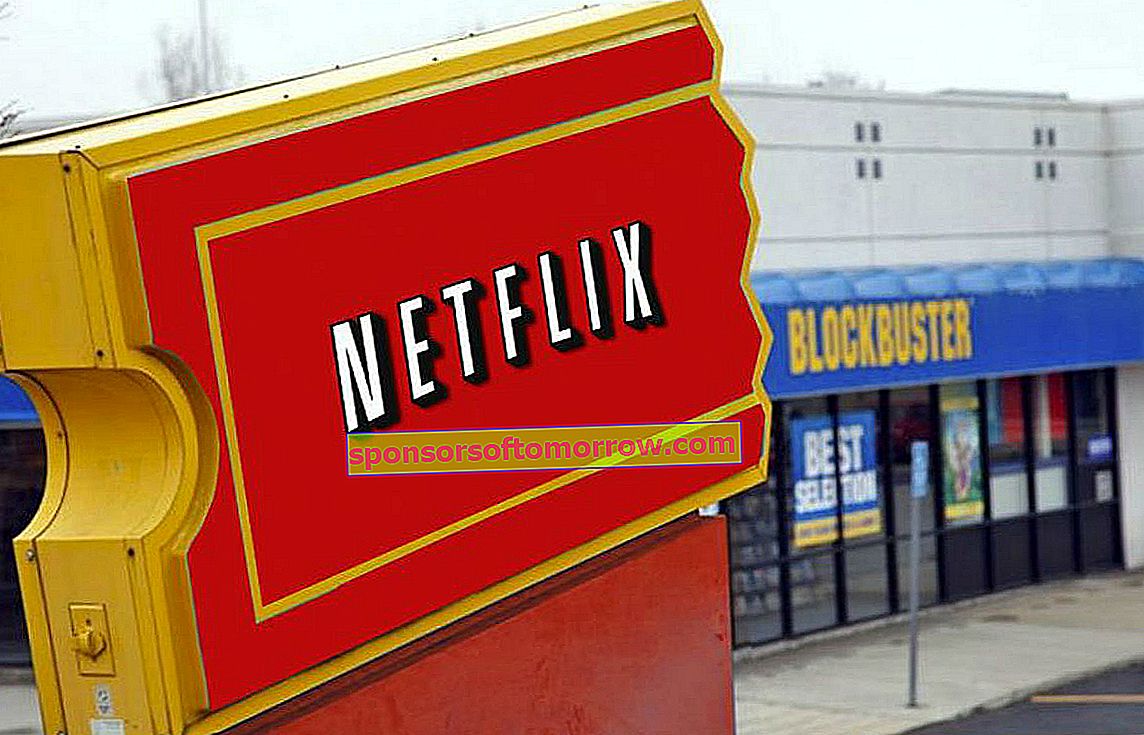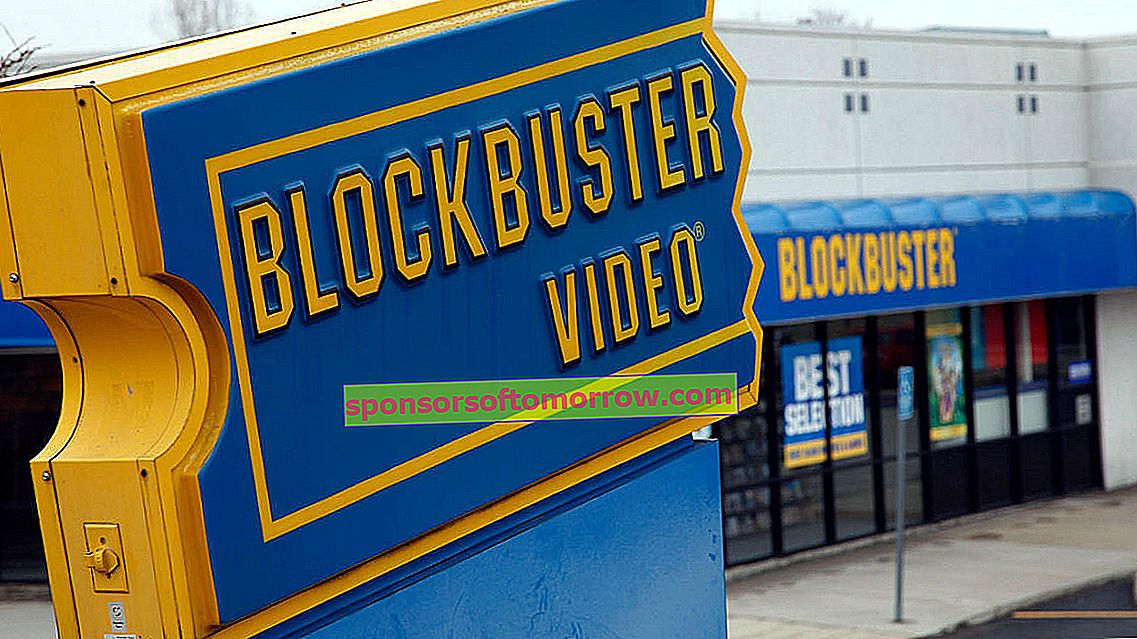
The most nostalgic may miss wandering the halls of Blockbuster looking for and capturing a movie to hang out with on a Saturday afternoon. The American video store company marked a before and after in the nineties. They were years of success and profits, until bad fortune, and especially a bad decision, caused Netflix to take away all power.
In 1985, David Cook opened a video store in Dallas under the name Blockbuster Video. What seemed to be a simple business ended up becoming a mass phenomenon in just five years. In fact, in 1990 more than 1,000 establishments had already opened, although its founder sold a majority stake to an investment group, thus separating himself from the chain. That investment group was none other than the giant Viacom, who bought the company in 1994 after its worldwide expansion. A decade later, in 2004, the year of its decline, there were more than 9,000 Blockbusters spread across the globe. Today, fifteen years later, there is only one left: it is in Bend, a small city in the state of Oregon, on the west coast of the United States, with only 80,000 inhabitants.
The bad decision
You may think that the rise of the internet and video on demand precipitated the downfall of Blockbuster. You no longer had to get dressed, go to the video store and pay to rent a movie, with Netflix we could enjoy hundreds of titles at the click of a button, and, best of all, without having to leave home to dispose of them. Also, paying much less and without having to return it anywhere.
Today we all know the operation of Netflix and company (HBO, Amazon Prime Video, Filmin ...). What you may not have known is that the idea of Netflix, its business model as such, was built with the help of Blockbuster. We can say that the video store giant helped Netflix founder Reed Hastings light up his lightbulb in the late 90s by returning a movie charged to the store.

It was Apollo 13. Hastings was a regular user of Blockbuster and forgot to deliver it on time within the appropriate deadline, for which he had to pay a surcharge of $ 40. This did not make Hastings any fun, and devised an Internet platform where you can enjoy movies without that kind of sanctions or limitations . The truth is that from the year 97 to the mid-2000s, Netflix had nothing to do with Blockbuster. The video store chain continued to be the undisputed leader in video rental. Reed Hastings even had a meeting with Blockbuster executives to reach an agreement and establish some kind of alliance. That bad decision cost Blockbuster its future.
To give you an idea, the CEO of Blockbuster himself at that time, John Antioco, thought that the Netflix market would not be wide and that the acquisition would not add any value to the group. What if they had thought better of it? Possibly, Blockbuster would not have ended up declaring bankruptcy in 2004. The truth is that the chain of video stores tried to imitate Netflix with a similar service that same year, without any success.
Nowadays
As of today, Netflix is valued at more than $ 70 million. From Blockbuster there are only the tail blows of what once was, with a single location open in Bend (Oregon). Ken Tisher, owner of this Blockbuster, explained in an interview that his video store is a local business and that all of his employees live in Bend, something that his clients value. It is an image that is completely removed from the powerful franchise of the 90s.
The video store is located in an area with shopping centers and gas stations, a place of transit for the inhabitants of this small city to rent a movie while they do their shopping, especially on Tuesdays, which is the day the news arrives. Renting a novelty on DVD or Blu-ray costs $ 4, and it is possible to have it at home for three days if it is a current title, or a week if the title has been around for some time. Classics cost $ 2, and catalog titles cost 99 cents.

Most of the regular users of the latter Blockbuster maintain that they have Netflix, but that they go to the video store for movies that are not available on the streaming service, especially classics. Also because they like dealing with workers and their recommendations. It is true that Netflix provides comfort and the possibility of enjoying hours of series and movies for only 8 euros per month. But there is something that has been lost over time, and may never be recovered, something that Blockbuster did have in the nineties: that human warmth and closeness when deciding on a movie, the emotion of knowing that we could only choose one, or at most two, and that that was the decision of the week. Not to mention the walk we took to the store, which forced us to leave the house for a while if we really wanted to see a good movie.
Blockbuster forces us to get a little nostalgic, although we have no choice but to adapt to the new times and value all the positive that the rise of Netflix and other streaming services has brought us, which is not little.